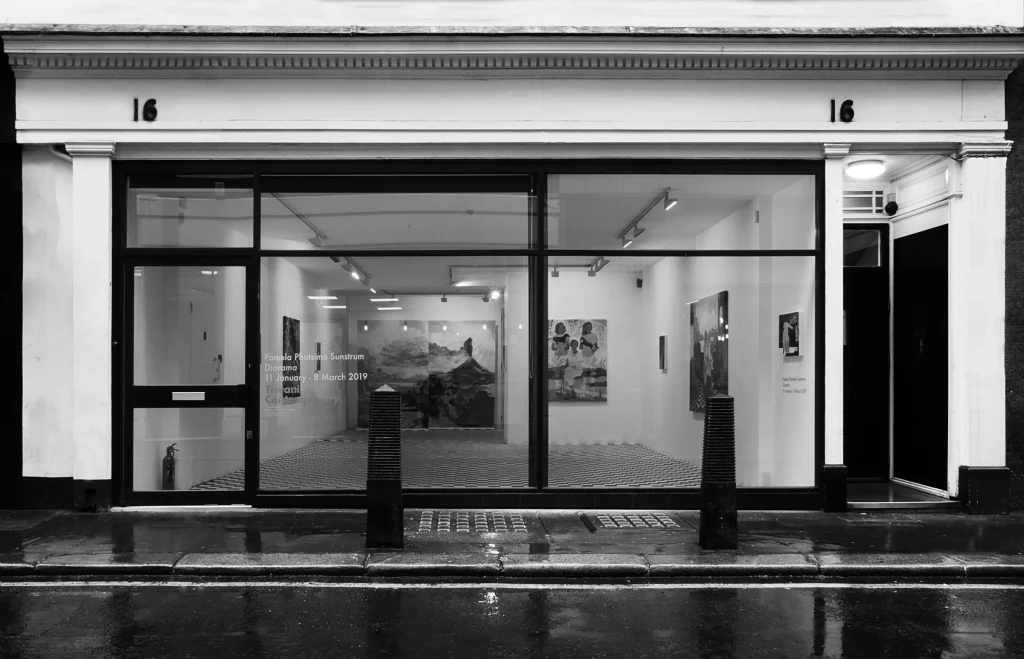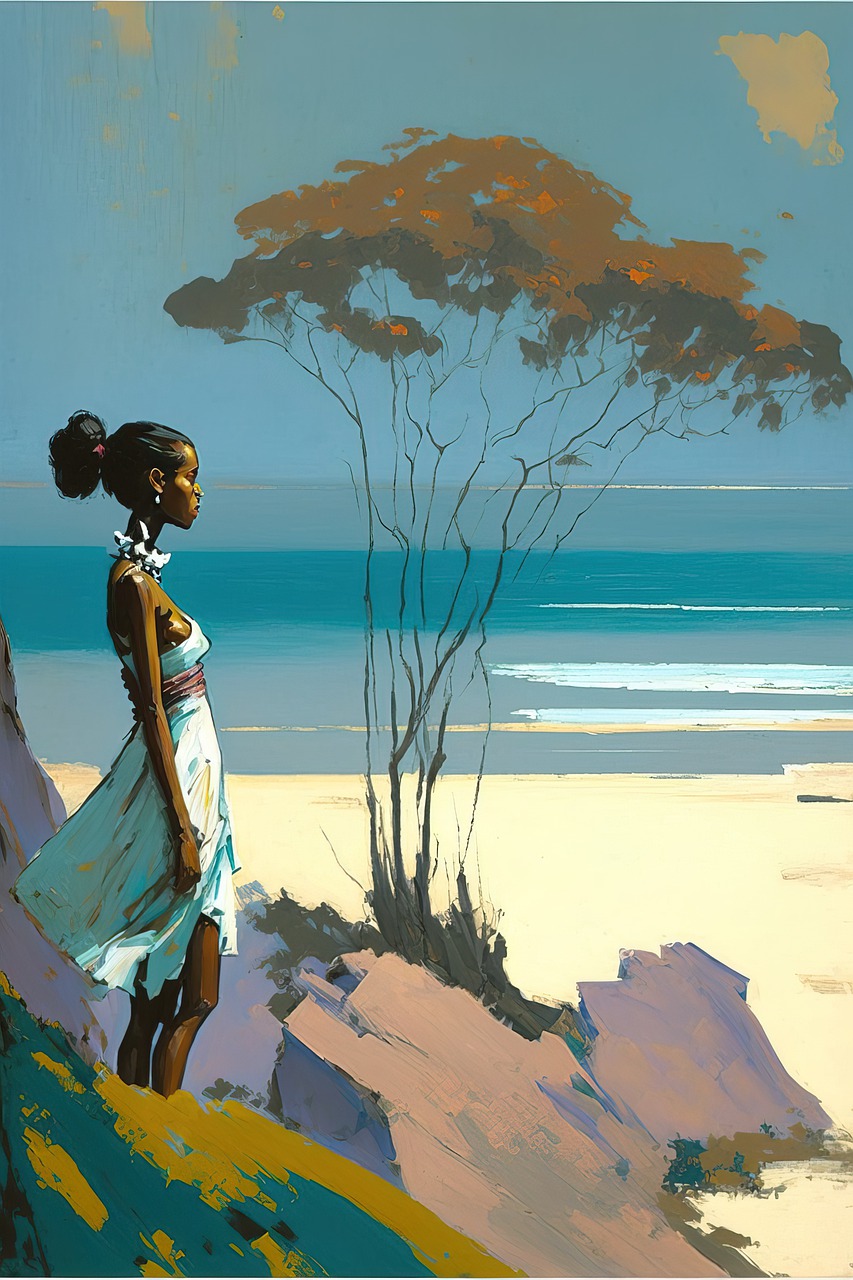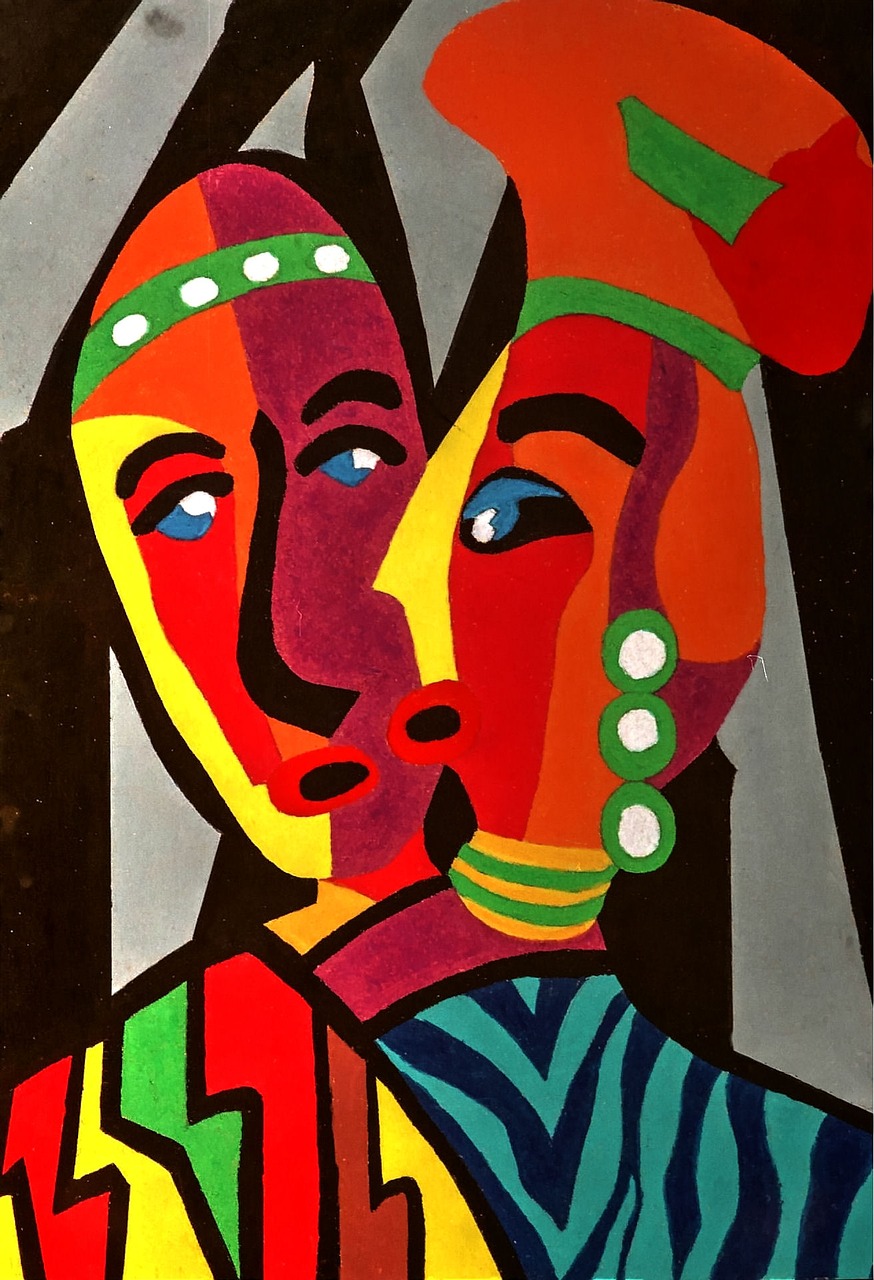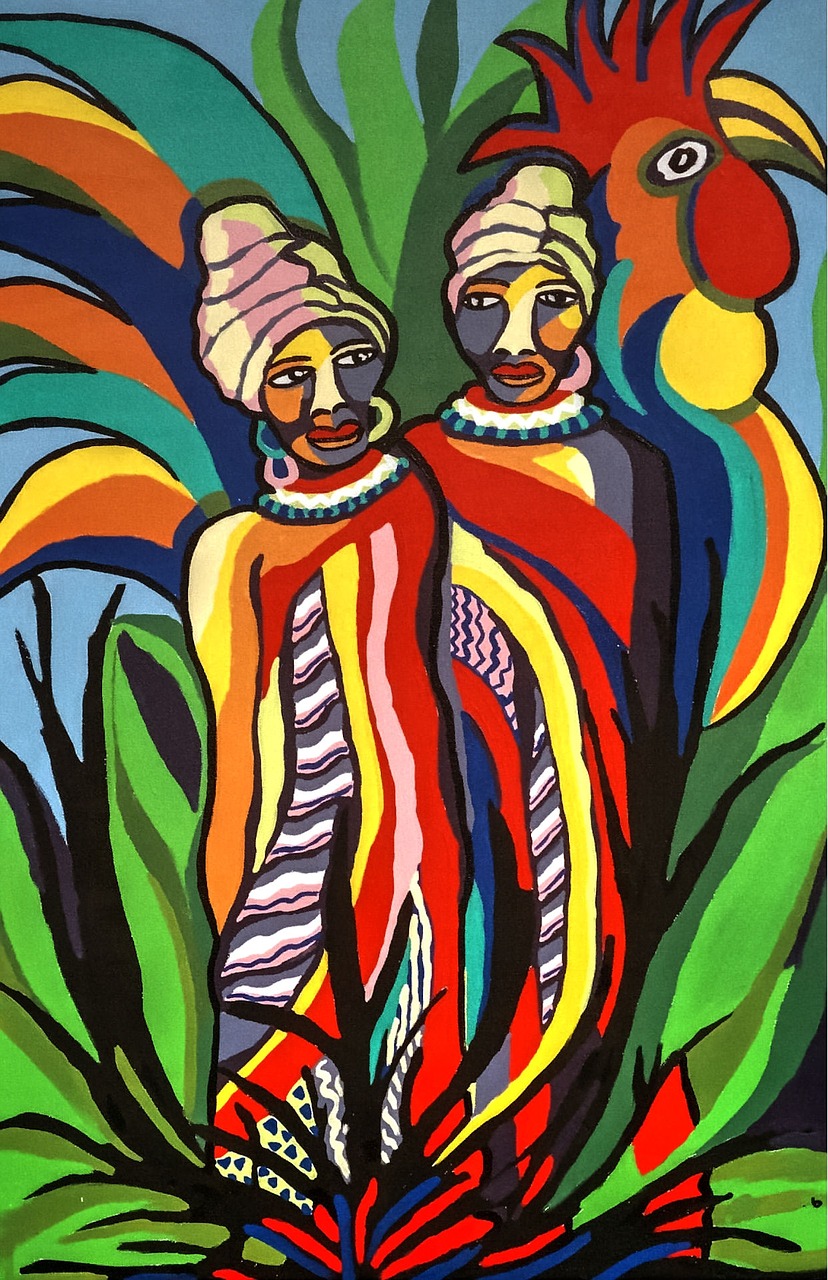
A Yoruba term that loosely translates to “it belongs to us” is the source of the name Tiwani Contemporary. And in some respects, this declaration of ownership captures the intention of this new London gallery, established by Maria Varnava. As one of Greek Cypriot heritage and having spent her early life in Nigeria, Tiwani Contemporary is in many ways in her heart a Nigerian-led endeavour.
Having been established in London in 2011, Tiwani Contemporary is a gallery that exhibits and represents international contemporary artists. Specifically, the gallery specifically promotes artists from Africa and its Diaspora.
In February 2022, Tiwani Contemporary opened a purpose-built 2,000-square-foot space on Victoria Island in Lagos to commemorate its tenth anniversary. This is regarded as a return home for Maria Varnava, who was raised in Nigeria.
Before working at Christie’s, Varnava first studied art and then African Studies in London, where she also gained an understanding of the business side of the art market. Striking out on her own, Varnava’s gallery, which is hidden behind Oxford Street’s commercial hub, aims to provide a market for works that are occasionally disregarded in the context of the global contemporary art scene.
Her decision to leave Christie’s and start working on a private project to pursue something that really called to her was a logical next step for her. A gallery specialising in works by artists from Africa and the Diaspora may greatly enhance the London art scene, in her opinion, as there isn’t nearly enough of that.
Through its schedule of exhibitions, symposia, and publications, the gallery seeks to interact with and support Lagos’s creative community. The gallery frequently participates in Art X Lagos.
But it goes beyond geography alone. The work of an artist is what Varnava is most interested in- the place of origin of the artists they work with comes secondary. The main focus is on an artist’s practice; Tiwani is constantly seeking examples of how artists are pushing the limits of the medium they use, how their work specifically resonates with modern experience, and how their methods add something new to the conceptual framework of art.
In addition to its regular exhibition programming, Tiwani Contemporary Lagos works with Yinka Shonibare’s Foundation’s Guest Artists Space to offer residencies to foreign artists from the programme who are interested in developing their artistic practises and interacting with local artists.
Her business venture intersects with an increase in interest in African art in the UK’s capital. Varnava draws special attention to the importance of the 1:54 Contemporary African Art Fair, which has hosted multiple editions in London, and the Tate African Acquisition Committee, which was established the same year as Tiwani.
Great massive undertakings have aided in fostering an environment where these artists are getting the international market backing they merit. Nevertheless, Varnava emphasises that this is only the first step in assisting artists, adding that for art from Africa to stay popular and pertinent in the long term, local support, and local patronage will be one of the key driving engines of sustainability.
Tiwani Contemporary prioritises the idea that it is but one component in the movement to promote the participation of more artists from Africa and the Diaspora. Work that has been done on the continent and elsewhere for a very long period, much before Tiwani, has produced all of these positive factors working together synergistically. Even though the reception wasn’t there, researchers, authors, curators, and private enterprises have been working for a very long time to archive, nurture, and document the work of artists; and to them, Minerva says, we owe a debt of gratitude.
Tiwani is, by far and away, a declaration of existence, equality, and inclusion, and the gallery keeps up with it.



